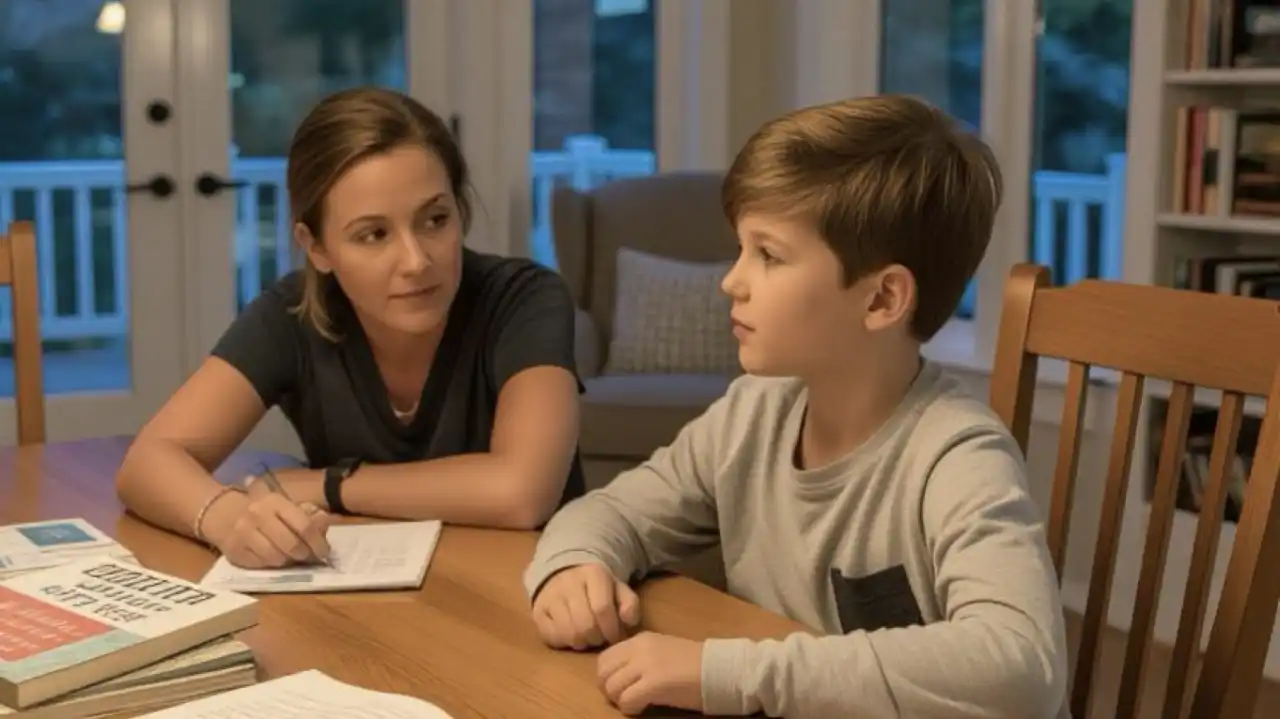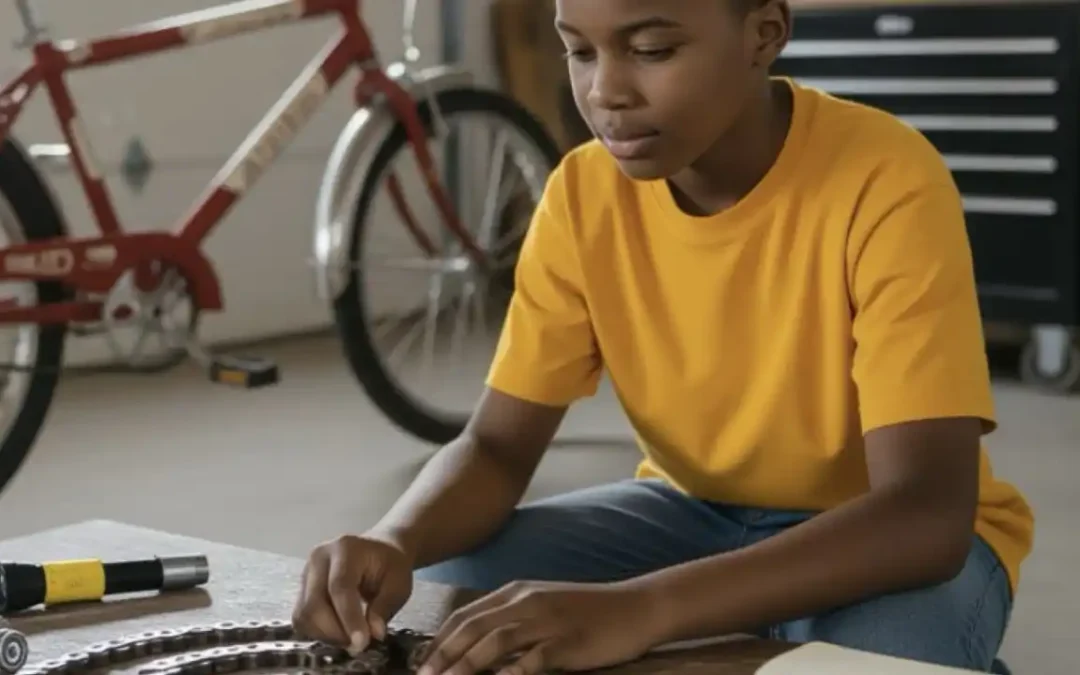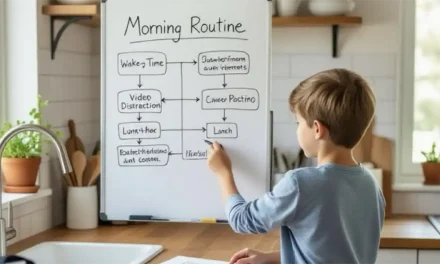
Facing the Unknown: Nurture Their Nerve
S
ome questions take courage to ask. A child might hesitate before voicing a why they think is strange, personal, or too big. But those are often the questions that matter most. When you meet them with genuine interest—“That’s a fascinating one”—you show that it’s safe to speak boldly. Your calm presence makes it easier for them to follow curiosity into uncertain spaces. In a world that often rewards conformity, your support gives them permission to stand out—and stand strong.
One evening, my son asked why some people believe in luck. “What do you think?” I asked. He offered a quiet theory, then a louder one. I nodded, curious. That moment opened the door to deeper questions—about belief, chance, patterns. He started testing ideas out loud, asking bigger things with growing confidence. That habit didn’t come from right answers. It came from knowing his voice would be heard, even when he wasn’t sure.
To keep that voice growing strong, make space for questions that push boundaries. If a younger child wonders about a strange toy noise, follow it with, “Let’s find out more.” If a teen asks about a complex topic—how a device works or why people argue—encourage deeper conversation. Invite them to share a favorite recent “why” with a sibling, friend, or mentor. These small acts of expression—spoken, shared, explored—build their nerve and help them carry their curiosity forward with pride.
Facing the Unknown

Facing the Unknown: Tie Whys to Places
Connect children’s big questions to real environments—museums, parks, cities. Learning becomes vivid when curiosity meets the world.

Facing the Unknown: Protect Their Wonder
Preserve children’s spark of curiosity. Limit pressure and distraction to keep learning joyful, imaginative, and meaningful.

Facing the Unknown: Soften Their Fears
Help children face fears gently and bravely. Emotional safety fosters resilience, self-trust, and steady courage.
Table of contents

Primordial Soup for the Mind: Navigation
Navigate the book Primordial Soup for the Mind.
TIPS
- Share whys to spark joy.
- Praise boldness to fuel curiosity.
- Track whys to deepen their gaze.
ACTIVITIES
- Toy Share: Share a toy why with kin at home, praise their voice—10–15 min
- Tech Praise: Praise a teen’s bold why at home, invite their idea—10–15 min
- Why Swap: Share one bold why with a friend or sibling—notice how it grows when voiced again (10–15 min)
TOOLS
Strength Journal, Why Chart

Download “Primordial Soup for the Mind: A Parent’s Guide to Nurturing Intellectual Growth”
Enter your information to get this article and hundreds more as part of the FREE book Primordial Soup for the Mind.
Share your thoughts with the Thought Academy community in the Comments section below.

Sharpen those skills!
Enter your information to get our FREE practice exercises so you can hone your critical thinking and reasoning skills!







0 Comments